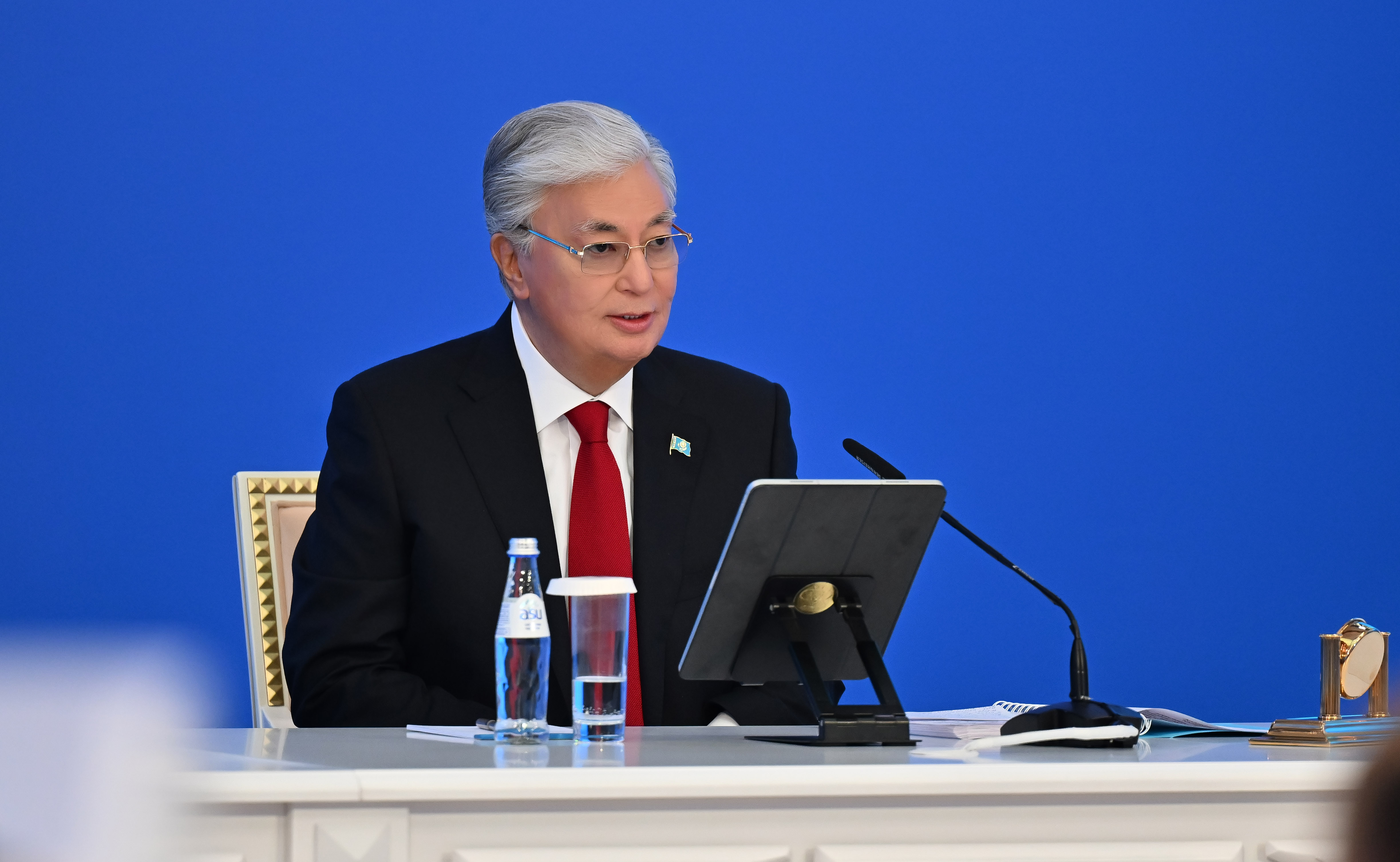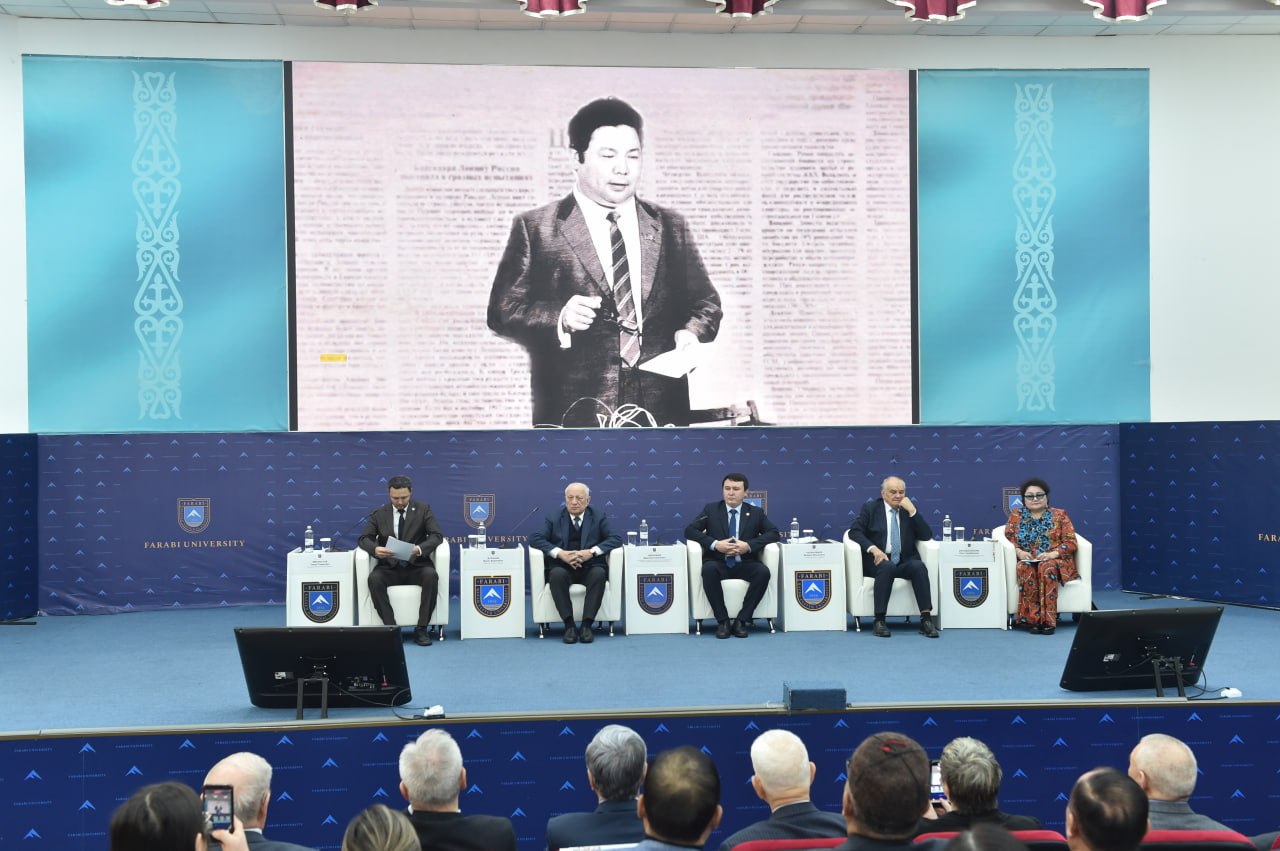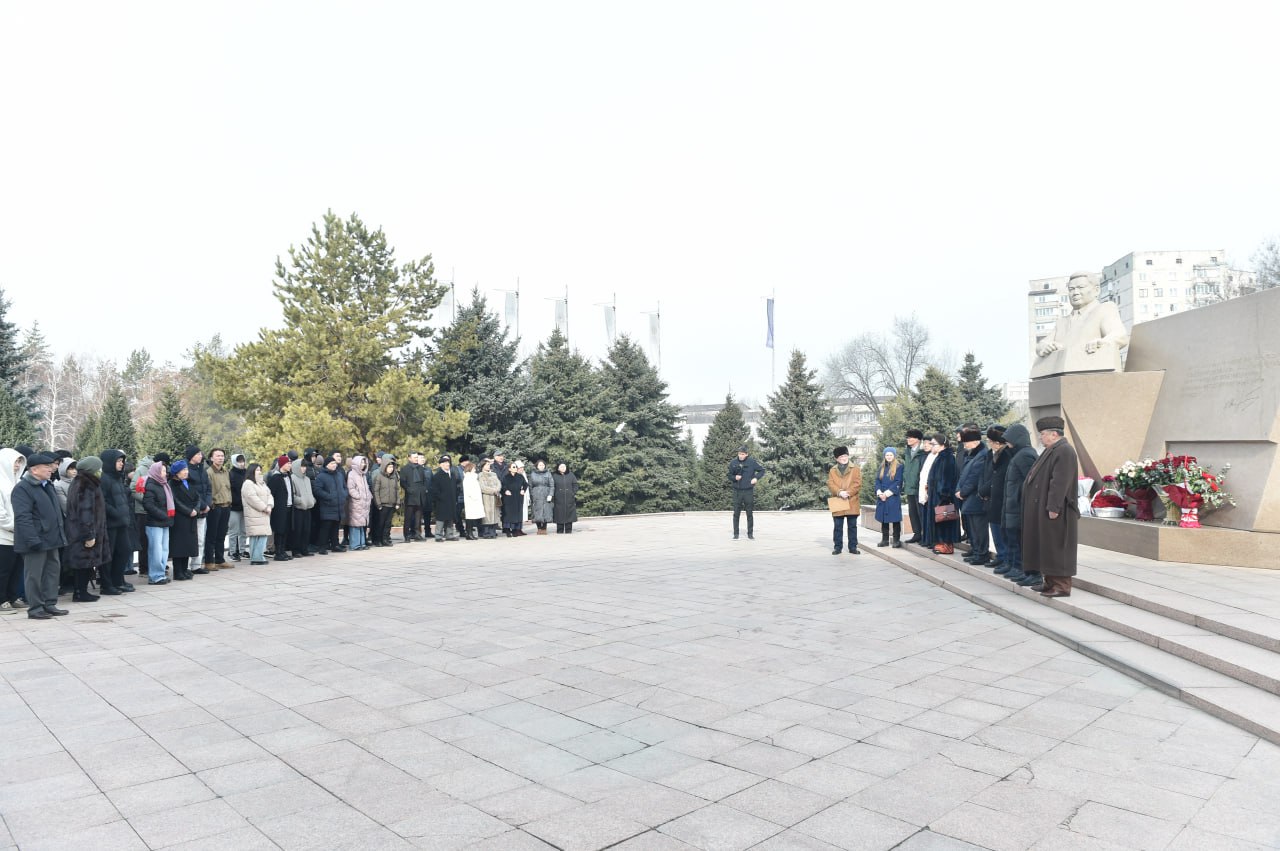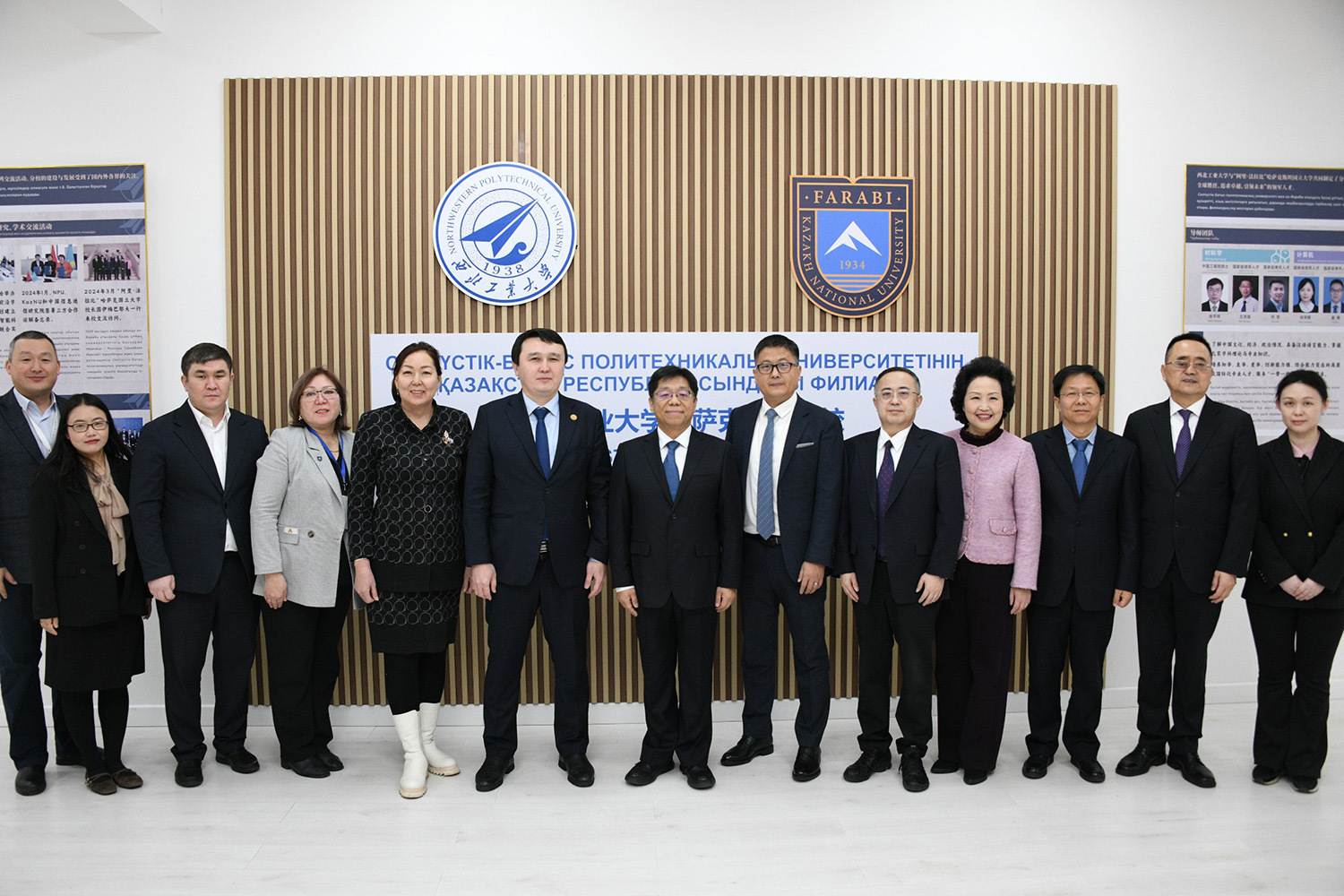- Main
- News
- Response to the Speech of President Kassym-Jomart Tokayev at the IV Session of the National Kurultai
Response to the Speech of President Kassym-Jomart Tokayev at the IV Session of the National Kurultai

I believe that President Kassym-Jomart Tokayev's speech at the IV session of the National Kurultai has become an important programmatic document. As a lecturer at the Faculty of International Relations of Al-Farabi KazNU, I would like to highlight several key aspects that are directly related to global and regional politics, as well as Kazakhstan's role in international processes. It is important to emphasize that this speech reflects the key challenges and priority areas for the country's development.
Firstly, the emphasis on political reforms and the modernization of the governance system is a crucial step towards strengthening democratic institutions. Increasing government accountability, expanding parliamentary powers, and creating conditions for direct citizen participation in decision-making indicate the formation of a more inclusive governance model. These changes are of strategic importance as Kazakhstan seeks to establish itself among stable and developed nations.
Secondly, the President highlighted the importance of tax reform, emphasizing the need to enhance the efficiency of the tax and budgetary system. In an international context, this demonstrates Kazakhstan's aspiration to adapt its economic policy to modern challenges. Creating conditions for sustainable development is crucial. Given global instability and changes in the world economy, such an approach is both justified and necessary.
Thirdly, the issue of national identity and cultural policy deserves special attention. The Head of State focused on the development of the Kazakh language and support for national culture. The proposal to establish the Abai Institute, analogous to the Confucius, Goethe, and Cervantes Institutes, was also raised. This is a significant step toward strengthening Kazakhstan's cultural diplomacy. This initiative is particularly relevant for the Faculty of International Relations, where the study of international practices in promoting national cultural heritage is an integral part of the educational process.
Finally, one of the key topics of the speech was the strengthening of regional cooperation and international security. In the face of modern geopolitical challenges, Kazakhstan is striving to maintain its role as a reliable partner. In the near future, Kazakhstan is poised to establish itself as a peacekeeping nation. This is confirmed by initiatives to modernize diplomatic institutions, participation in international organizations, and the promotion of dialogue and cooperation principles.
Thus, the President's speech reflects a clear understanding of the current agenda. The need for systemic reforms has undoubtedly emerged. For lecturers and students of the Faculty of International Relations, this speech provides valuable analytical material for studying Kazakhstan’s domestic and foreign policy processes, as well as for understanding the country's role in the global context.
Maltabarov Arsen Askaruly
Lecturer, Faculty of International Relations,
Department of International Relations and World Economy,
Al-Farabi Kazakh National University



